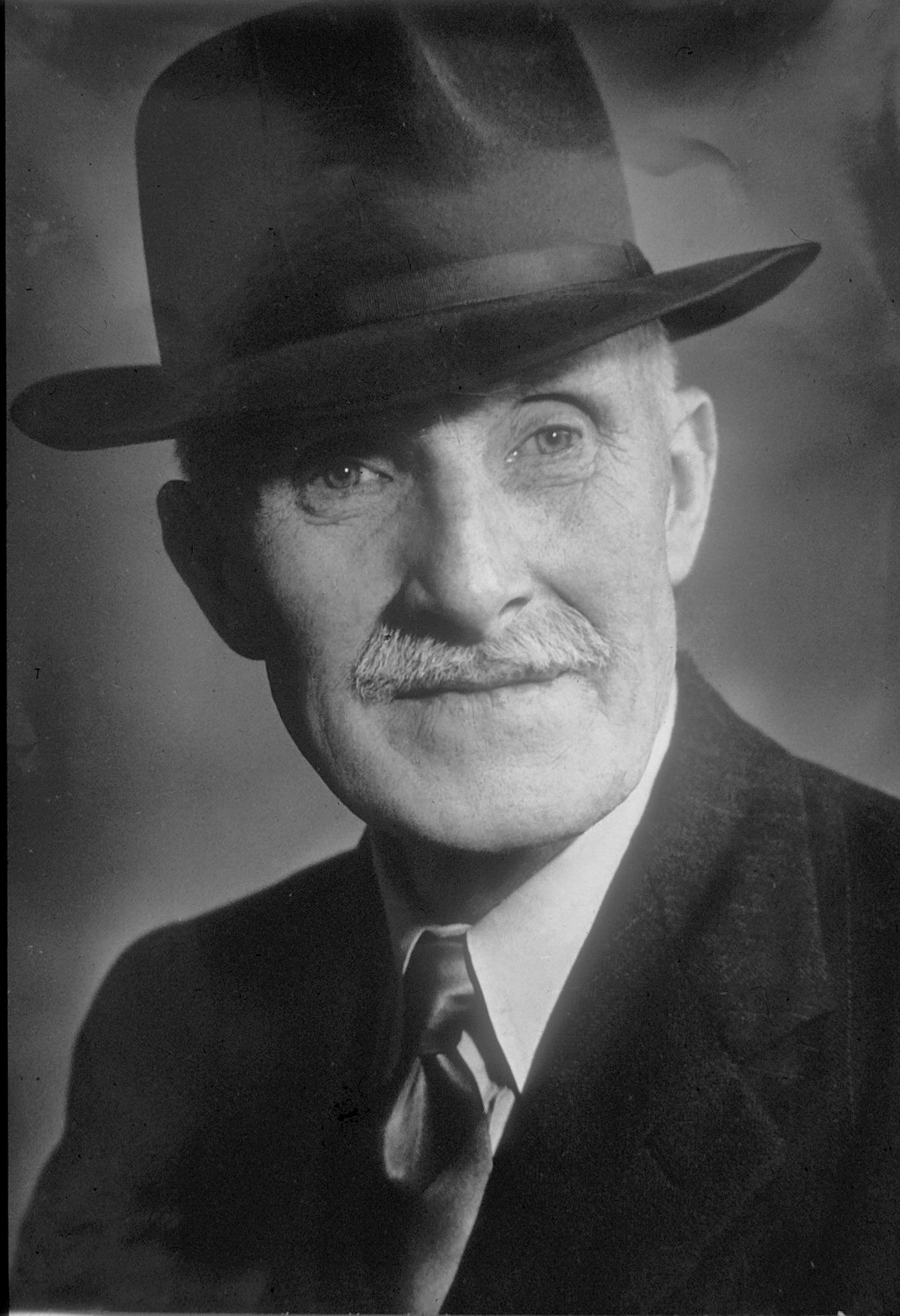
Bàrd Phàislig
The Paisley Bard
Resource collated by Gillebride MacMillan
Paisley is closely linked to Gaelic culture through one of the most famous bards (poets) of the 20th century. Though Donald ‘Ruadh’ MacIntyre was born in South Uist, he lived for most of his life in Paisley and he raised his family in the town. He is also buried in Hawkhead Cemetery in Paisley. He became widely known as ‘Bàrd Phàislig’ or ‘The Paisley Bard’. Some of the most famous Gaelic songs – Òran na Cloiche (Song of the Stone) and Bùth Dhòmhnaill ’IcLeòid (Donald MacLeod’s Shop) were all composed in Paisley by The Paisley Bard.
Who was Donald MacIntyre, The Paisley Bard?
Donald was born in 1889 in Snishval, a small village in South Uist in the Outer Hebrides. His mother was able to only speak Gaelic but his father spoke both Gaelic and English. Because Donald spent a lot of time with his mother as a child, he had a particularly wide and varied vocabulary in Gaelic – more so than many of his contemporaries.
Community Spokesman
At the age of just 19, Donald represented his fellow islanders in court. The landowner of Uist, Lady Gordon Cathcart, decreed that people were not allowed to keep dogs for their crofting work. MacIntyre was chosen by his community to represent them in court – and he won. Telling of his experience of the ‘dog trial’ was the first time that he had composed poetry.
Military Service
Donald MacIntyre undertook his military service in the Cameron Highlanders but he had left the army by the time of the 1st World War. However, he felt that it was his duty to fight so he re-enlisted in the army and fought in the 1st World War. Unlike many other Gaelic speaking poets who fought in the war, Donald MacIntyre did not compose poetry about his experiences in war.
The Great Depression
After WW1, there was a worldwide economic depression. Therefore, the early 1920s were a difficult time for many people, including Donald. After the war Donald was a stonemason in Uist, but he had to leave to try and find work. He worked in various places throughout Scotland but he eventually settled in Paisley, where he would spend the rest of his life. He married Mary MacLellan who was also from South Uist. They had a large family and Donald worked in the shipyards on the River Clyde.
Paisley’s Legacy
A man born in poverty in South Uist but had spent most of his life in Paisley is still regarded as one of the finest Gaelic poets. MacIntyre’s songs are still sung and recorded extensively and the legacy of ‘The Paisley Bard’ is now a permanent connection between Paisley and its Gaelic heritage.

You can access a range of clips from a programme about Donald MacIntyre here.